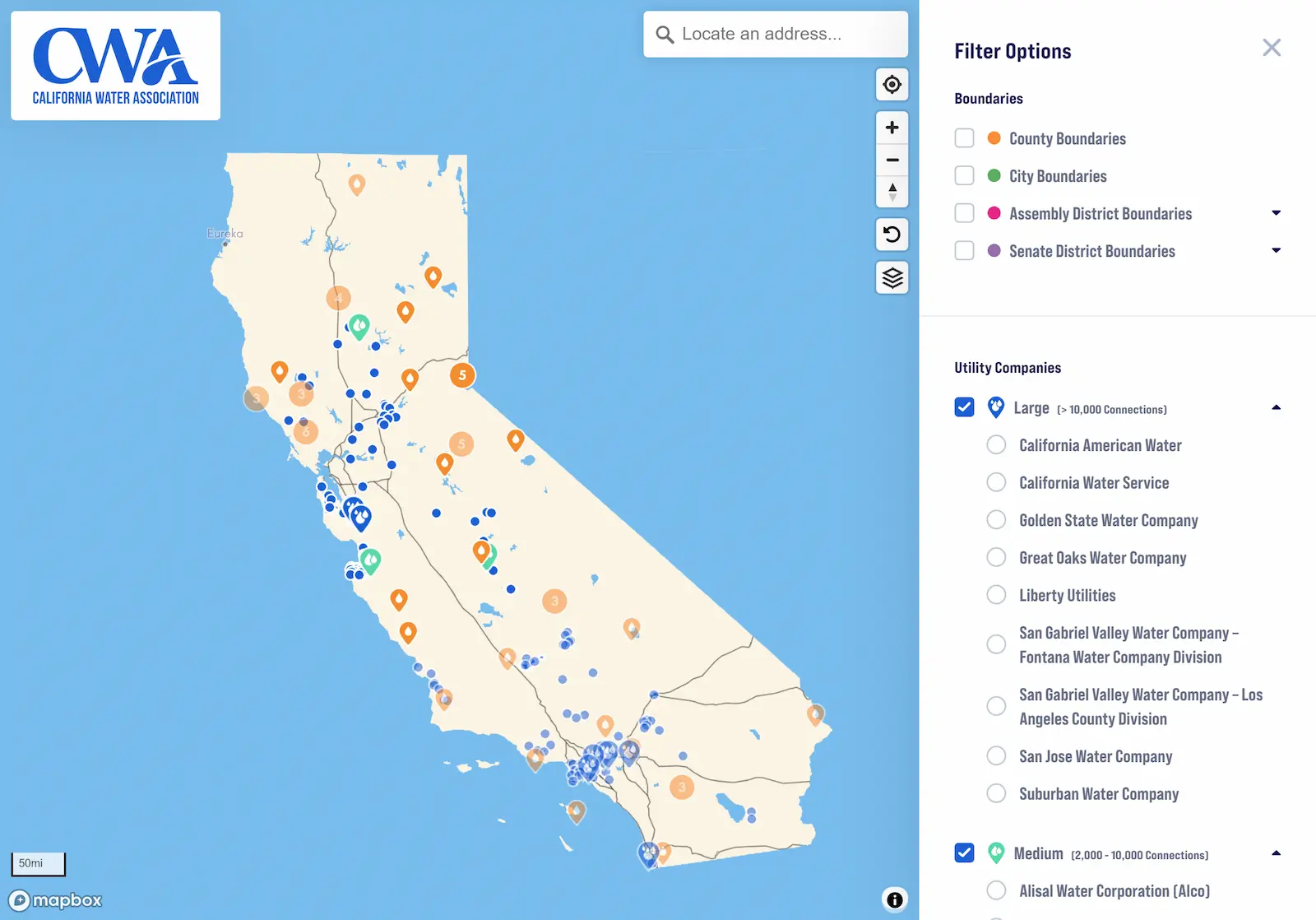A recent Pacific Institute fact sheet, based on a survey of 16 California water utilities, summarized practices and fees associated with water shutoffs in the state. It includes recommendations for water utilities to reduce shutoff rates and increase revenue collection by improving debt and service disconnection practices. The recommendations would allow some residents to avoid water shutoffs, thereby supporting public health and housing security.
The California Water Association was pleased that the fact sheet noted the deliberative, progressive policy toward disconnections that the California Public Utilities Commission has had in place since the early 1990s through its Tariff Rule 11. A tariff rule is a legal document that governs the operating relationship between a utility and its customers. The fact sheet noted the flexibility the regulated water utilities have with disconnection policy and outlined several key components available to customers, including medical exemptions, an appeals process, a cap on reconnection fees (since the vast majority of disconnections are reconnected within five days), and different payment arrangements that can forestall a disconnection.
“Water shutoffs in California are a lose-lose proposition,” said Laura Feinstein, co-author of the fact sheet. “They prevent access to water and sanitation for Californians, and they result in lost revenue for utilities. A few water utilities are already implementing some of the policies outlined in this fact sheet, and given their success, we believe greater uptake could substantially decrease the number of water service disconnections in the state.”





